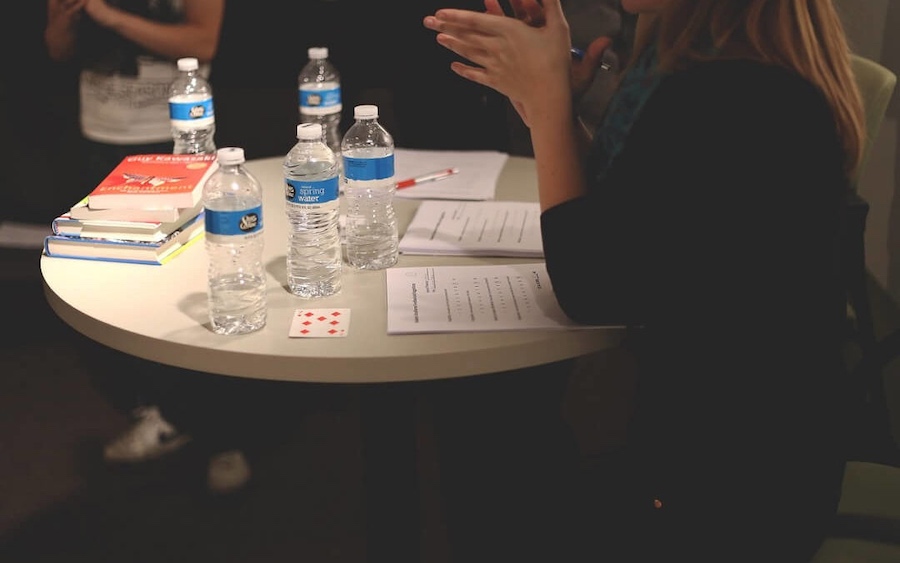
7 Tips to be an All-Star at Your Next Parent-Teacher Conference
It’s time for parent-teacher conferences! Teachers and parents are partners with a common goal to further their children’s education, and this time is for explaining the vision and coming up with a plan to work together.
There is so much to talk about and so little time! Teachers and parents must pack a lot into a 10- or 15-minute time slot. Where should you even start? Here are some tips to make you an all-star teacher at your next round of parent-teacher conferences.
- Plan ahead. Communicate with parents early and often about parent-teacher conferences. Family situations and work commitments may make it difficult for many parents to attend. Make it easy to sign up for conferences, and remind parents about their appointment day and time at least once. Consider creating a Sign Up Genius or a Google form for parents to sign up for conferences. If needed, use Skype or another tool to have virtual conferences if in-person meetings are truly impossible.
- Be prepared. Compile a list of general topics you want to cover in each conference. Then, fill in the details for each student. Include academic, behavioral, and social-emotional progress and challenges on each student’s list.
- Review student work. Create a portfolio of student work samples including tests, assessments, projects, classwork, and homework. Put sticky notes on samples you want to keep and share with parents. Let parents take home the rest. Select examples that show improvement and mastery of a skill as well as examples that show concepts the student struggles with.
- Assume that parents are your partners. You both want what’s best for the student. Look at parents as partners who can provide important information about their child, not adversaries.
- State facts. When addressing a difficult topic, start with the facts about the situation, and do not insert your opinion. After providing factual information, ask parents for their perspective – they may be able to help you understand the motivation behind their child’s actions.
- Learn from parents. Parents know their children best, and they can provide important insight into building successful relationships with students. Ask parents for guidance on addressing challenges with and providing praise for their students.
Follow up. If needed, set up another parent-teacher conference to keep the lines of communication open.Try to end the conference on a positive note. After the conference, keep in regular contact with all parents about both negative and positive developments. Pointing out the good may help soften the news when you have less-than-positive information to share.
WHAT QUESTIONS MIGHT PARENTS ASK?
- What is our child good at (academic, behavioral, social, and emotional)?
- What does our child struggle with (academic, behavioral, social, and emotional)?
- How can we help and encourage our child at home?
- How will you communicate with us?
- How will our child be evaluated (in class and on school wide assessments)?
- Are there any problems we need to be aware of?
WHAT INFORMATION SHOULD YOU ASK PARENTS?
- Challenges at home including divorce, separation, illness, and additions to the family
- Religious and cultural preferences and practices
- Opinions on homework
- Medical conditions (including food and other allergies)
- Physical challenges
- Food preferences
- Information about the child’s special needs or IEP
For more tips on parent-teacher conferences, check out:
The Harvard Family Research Project’s Parent-Teacher Conference Tip Sheets
Tips for Parent-Teacher Conferencing from Edutopia.





